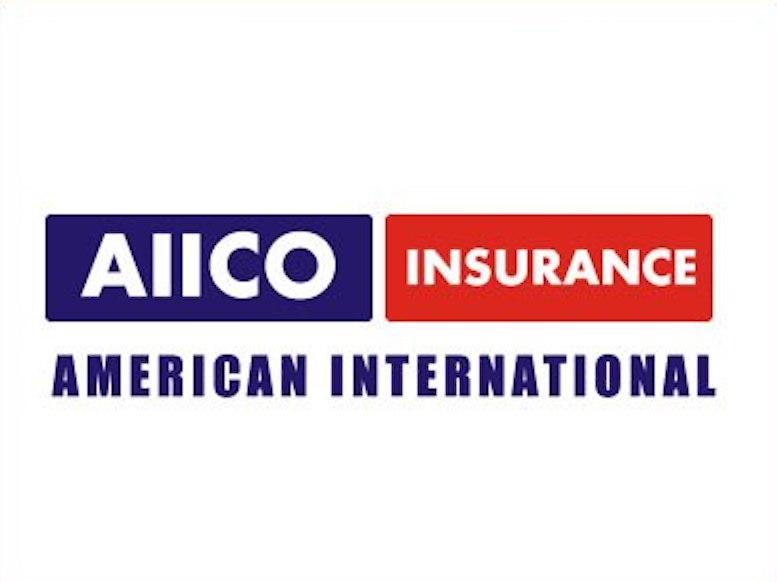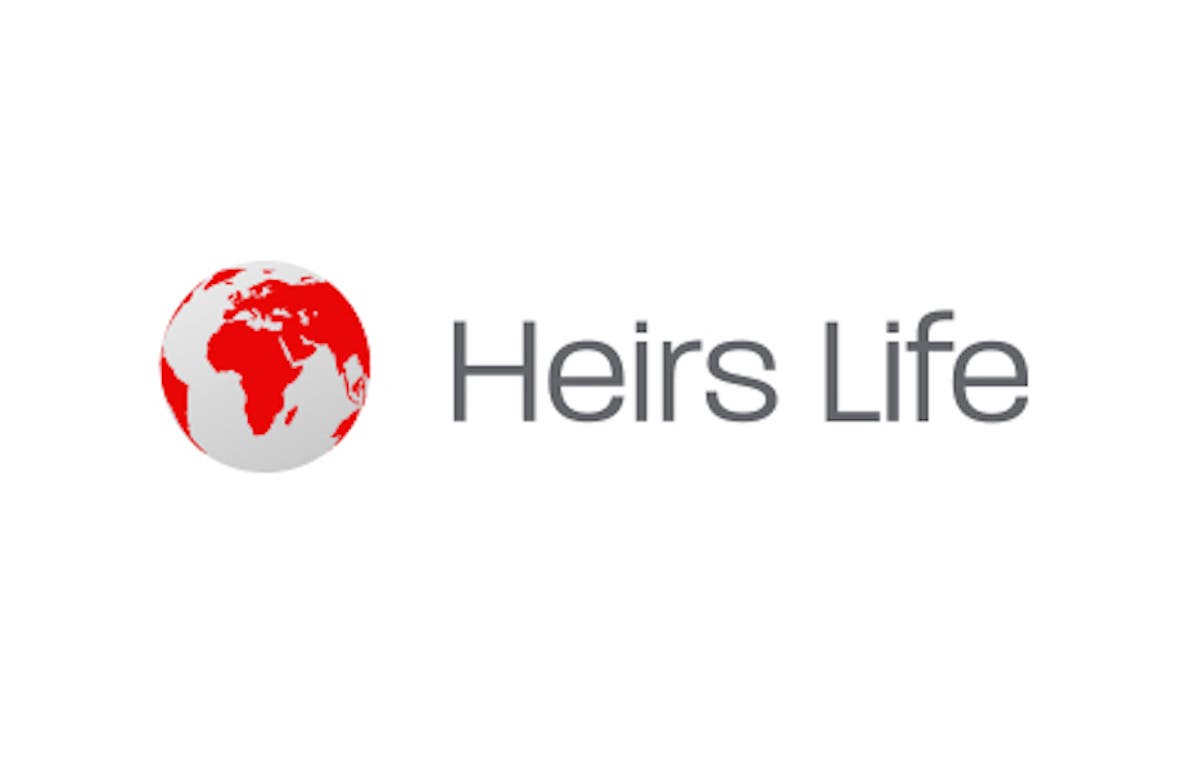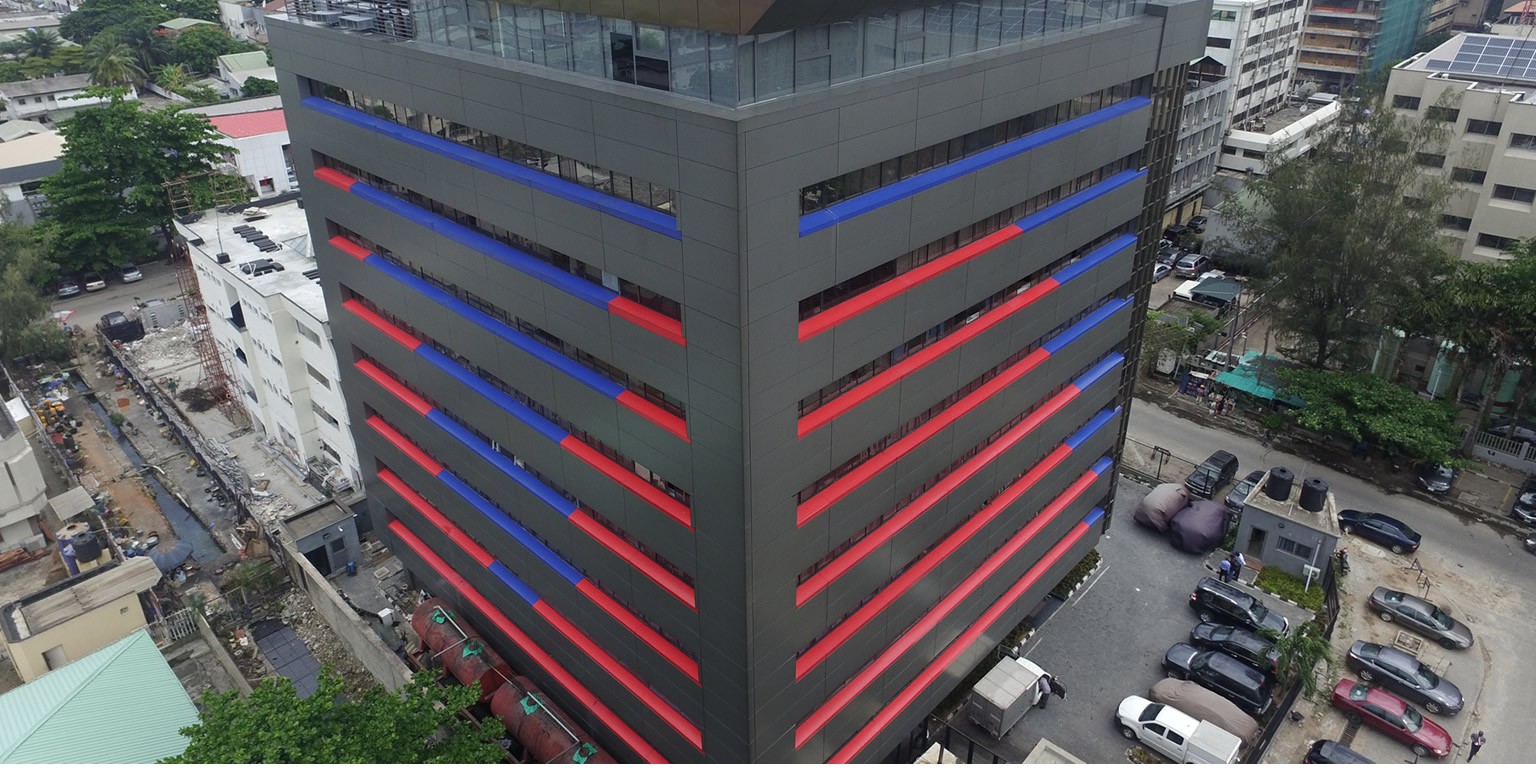AIICO Insurance Plc has acquired a five percent shareholding in Infrastructure Credit Guarantee Company Limited (InfraCredit).
This strategic investment positions AIICO as the second domestic institutional investor admitted by the infrastructure credit guarantee institution, following Leadway Assurance Plc.
The infusion of capital from AIICO is set to elevate InfraCredit’s paid-in capital base to an impressive $175.14 million (approximately NGN 148.55 billion), translating into an aggregate guarantee issuing capacity of up to NGN 742.77 billion (about USD 875.7 million).
This equity injection will become part of InfraCredit’s core capital, enhancing its guarantee issuing capacity and contributing to the sustenance of its coveted ‘AAA’ credit rating.
InfraCredit, known for deploying innovative credit enhancement solutions, has been pivotal in mobilizing private sector financing for infrastructure projects across various sectors of the Nigerian economy.
AIICO’s investment underscores its commitment to bridging the infrastructure gap in the country, marking the evolution of a long-term partnership with InfraCredit.
Babatunde Fajemirokun, the Chief Executive Officer of AIICO Insurance, emphasized the company’s dedication to supporting infrastructure development.
He stated, “This investment is the evolution of what we at AIICO Insurance believe will be a long-term partnership with InfraCredit. Over the past two years, AIICO Insurance has invested in InfraCredit guaranteed bonds and participated in novel financing arrangements promoted by the company to bring infrastructure investment to areas that have been significantly underserved.”
The Chairman of the InfraCredit Board of Directors, Sanjeev Gupta, welcomed AIICO as a new shareholder and highlighted the importance of fostering a strong partnership between the public and private sectors.
Gupta said, “AIICO’s investment is in line with our vision of creating a strong partnership between the public and private sectors. This partnership aims to attract private sector capital for infrastructure financing sustainably.”
Chinua Azubike, the CEO of InfraCredit, expressed enthusiasm about AIICO’s admission as the second private domestic institutional investor.
Azubike stated, “The admission of AIICO Insurance, the second private domestic institutional investor in InfraCredit, reinforces the confidence in the sustainability of InfraCredit’s unique business model.”
The AIICO Insurance equity investment is expected to further strengthen InfraCredit’s core capital base, expand its guarantee capacity, and facilitate deeper market penetration.
This collaboration aims to advance sustainable finance for impactful infrastructure projects in Nigeria, aligning with the nation’s broader goals for economic growth and development.

 Forex2 weeks ago
Forex2 weeks ago


 Naira1 week ago
Naira1 week ago
 Naira4 weeks ago
Naira4 weeks ago
 Company News4 weeks ago
Company News4 weeks ago




 Naira2 weeks ago
Naira2 weeks ago
 Billionaire Watch1 week ago
Billionaire Watch1 week ago




 Naira1 week ago
Naira1 week ago




 Naira3 weeks ago
Naira3 weeks ago
















